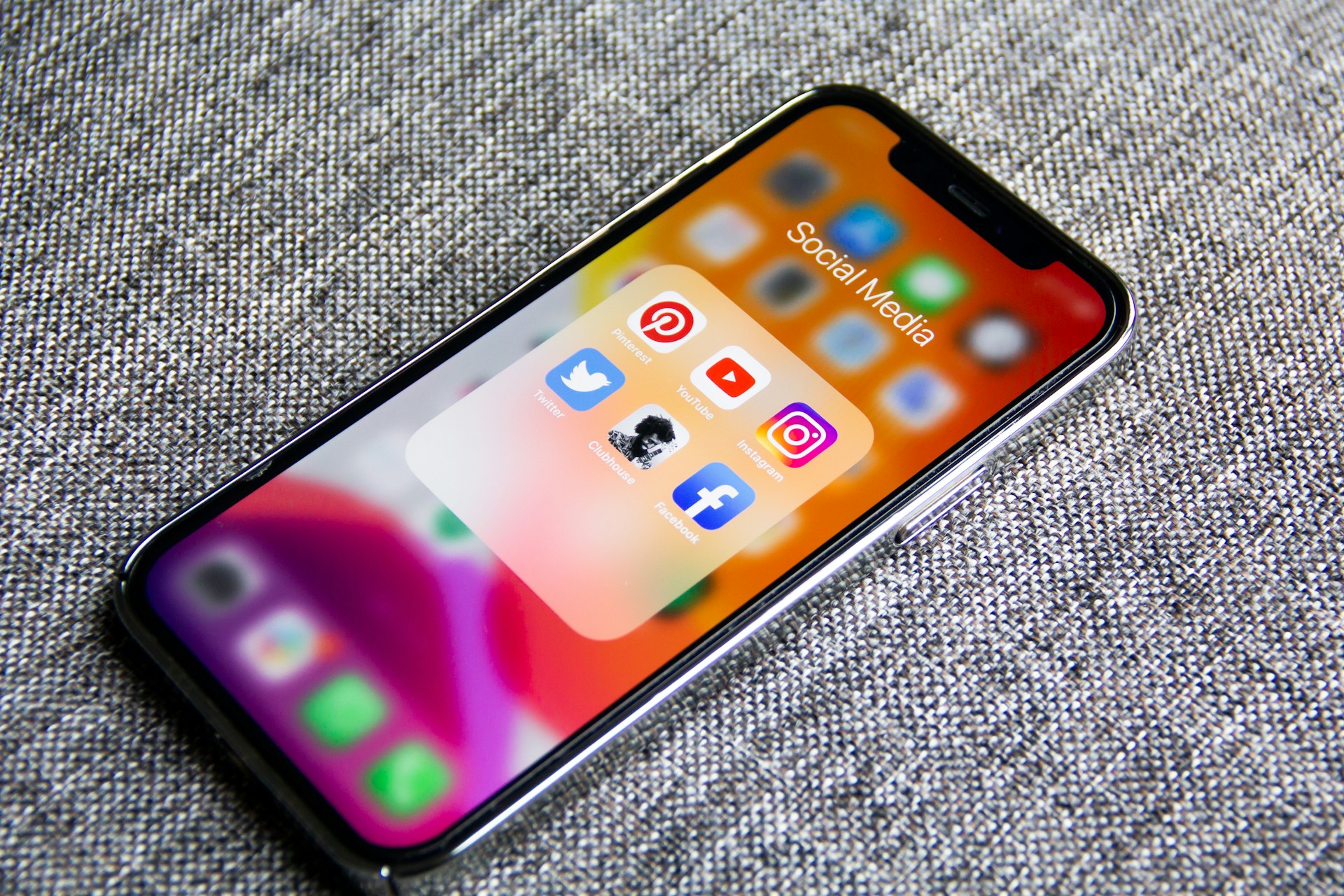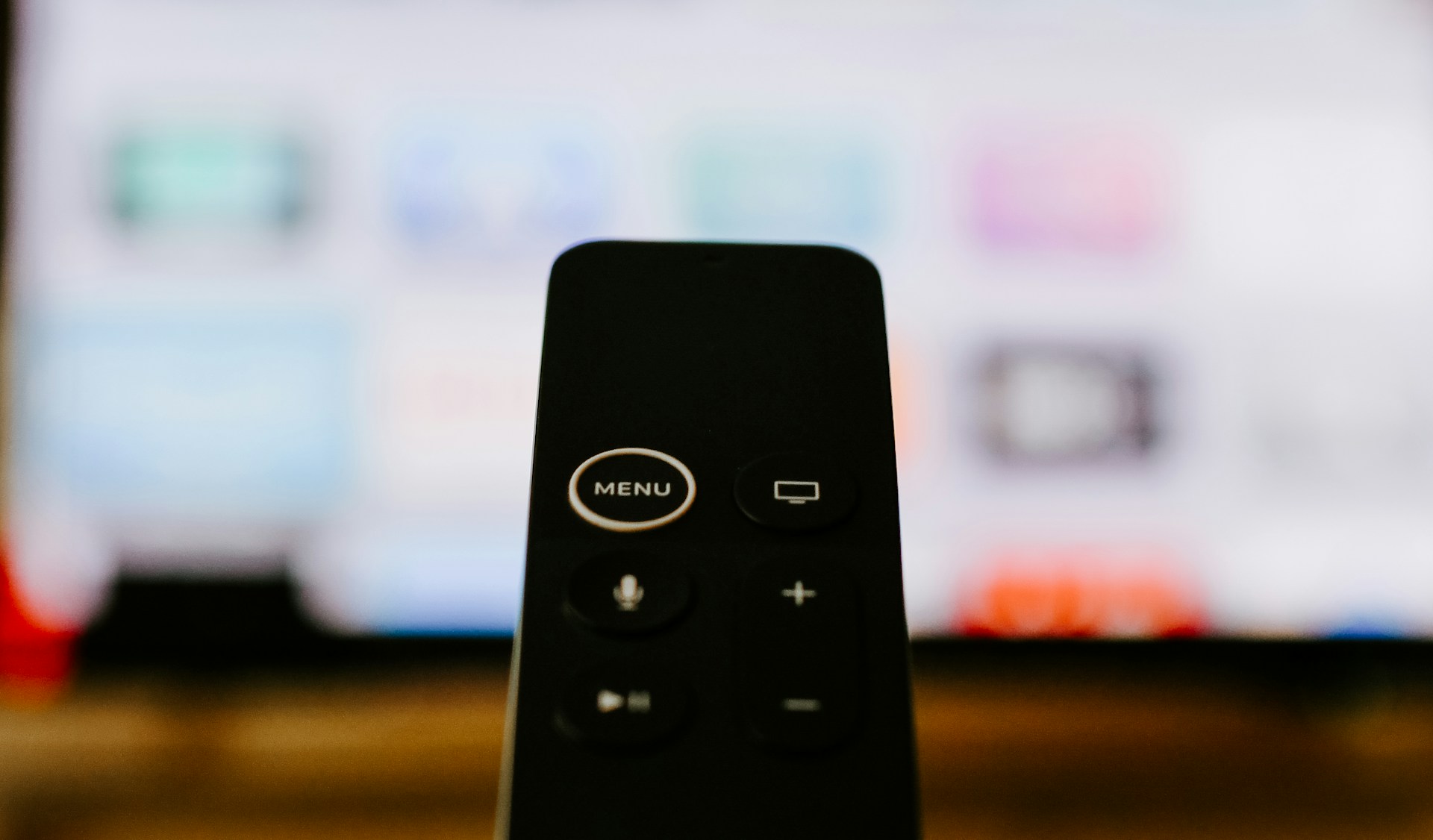
Image Source: 123rf.com
If you’ve ever found yourself in a heated family debate about “the right way” to do things, you’re not alone. The generational divide between Baby Boomers, Millennials, and Gen Z is a hot topic, especially when it comes to habits, values, and even money. What’s fascinating is that some behaviors that drive Millennials up the wall are the very same things Gen Z admires about Boomers. Why does this happen? And what can we learn from these generational quirks? Whether you’re a Boomer, Millennial, or Gen Z, understanding these differences can help you navigate relationships, workplaces, and even your finances with more empathy and insight.
Let’s dive into five classic Boomer habits that Millennials love to hate—but Gen Z is starting to celebrate. Along the way, you’ll find practical advice for bridging the gap and a few surprises about how these trends shape our financial future.
1. Phone Calls Over Texts
Boomers are famous for picking up the phone and calling, even for things that could be a quick text. For Millennials, this can feel intrusive or unnecessary—why not just send a message and let people respond when they’re free? But here’s the twist: Gen Z is starting to appreciate the personal touch of a phone call. An honest conversation can feel refreshingly authentic in a world saturated with digital communication. According to a Pew Research Center study, Gen Z values meaningful connections and sometimes prefers voice or video calls for important conversations.
Practical advice: If you’re a Millennial, try to see phone calls as an opportunity for a deeper connection, especially with older relatives or colleagues. And if you’re a Boomer, consider texting first to ask if it’s a good time to call—everyone appreciates a little heads-up.
2. Loyalty to Brands and Institutions
Boomers have often stuck with the same bank, grocery store, or insurance company for decades. Conversely, millennials are notorious for shopping around, switching services, and chasing the best deals. This loyalty can seem old-fashioned or even naive to younger generations. But Gen Z is starting to see the value in building long-term relationships with brands that align with their values. They’re not loyal for loyalty’s sake but appreciate consistency and trustworthiness, especially regarding financial institutions. A Deloitte report found that Gen Z is more likely to stick with brands that demonstrate social responsibility and transparency.
Practical advice: Millennials can learn from Boomers by looking for brands that offer long-term value, not just short-term perks. Boomers, meanwhile, can benefit from occasionally reassessing their options to ensure they’re still getting the best deal.
3. Face-to-Face Networking
Boomers built their careers on in-person networking—think business lunches, conferences, and community events. Millennials, raised on LinkedIn and remote work, often see this as outdated or inefficient. But Gen Z is bringing back the art of face-to-face networking, recognizing that personal connections can open doors that digital profiles can’t. In fact, many Gen Zers attend networking events and seek mentors in person, valuing the authenticity and trust of real-life interactions.
Practical advice: If you’re a Millennial, don’t underestimate the power of showing up in person, especially for big opportunities. Boomers can help by mentoring younger colleagues, sharing their networking wisdom, and embracing new digital tools to stay connected.
4. Financial Conservatism
Boomers are known for their cautious approach to money, saving diligently, avoiding debt, and investing for the long haul. Millennials, who came of age during the Great Recession and face student loan debt, sometimes see this as risk-averse or even limiting. Yet Gen Z is starting to embrace financial conservatism, especially as economic uncertainty grows. They’re opening savings accounts earlier, budgeting carefully, and even investing in retirement funds in their early twenties. According to Bank of America, Gen Z is more likely than Millennials to set and stick to financial goals.
Practical advice: Millennials can learn from the Boomer playbook by prioritizing emergency savings and long-term investments. Boomers can also support younger generations by sharing practical tips and encouraging financial literacy.
5. Valuing Privacy
Boomers are often wary of sharing personal information online, preferring to keep their private lives private. Millennials, who grew up with social media, are more comfortable sharing details about their lives, but sometimes regret it later. Having witnessed the pitfalls of oversharing, Gen Z is swinging back toward privacy. They use anonymous accounts, limit what they post, and are more selective about what they share with the world.
Practical advice: Millennials can learn from Boomers and Gen Z by being more intentional about their digital footprint. Boomers can stay open to new technology while maintaining healthy boundaries around privacy.
Bridging the Generational Gap: Finding Common Ground
The generational divide doesn’t have to be a source of frustration. In fact, it’s an opportunity to learn from each other and build stronger relationships—at home, at work, and with your money. Millennials can gain new perspectives and practical skills by understanding why Boomers do what they do. And as Gen Z starts to celebrate some of these “old-school” habits, it’s clear that wisdom doesn’t go out of style. Whether it’s making a phone call, sticking with a trusted brand, or saving for the future, there’s value in every generation’s approach. The key is to stay curious, open-minded, and willing to adapt.
What’s one Boomer habit you secretly admire—or can’t stand? Share your thoughts in the comments below!
Read More
12 Things Baby Boomers Can Teach Us About Frugality
9 Reasons Baby Boomers Are Healthier Than Other Generations

Travis Campbell is a digital marketer/developer with over 10 years of experience and a writer for over 6 years. He holds a degree in E-commerce and likes to share life advice he’s learned over the years. Travis loves spending time on the golf course or at the gym when he’s not working.








































































